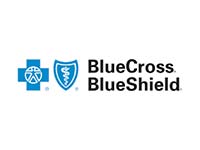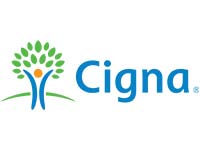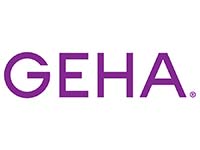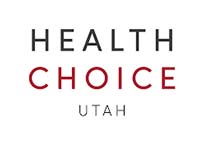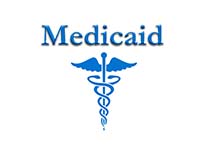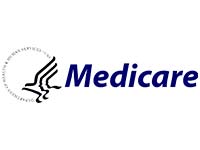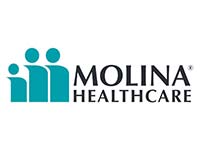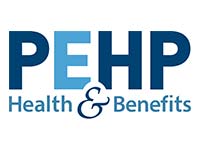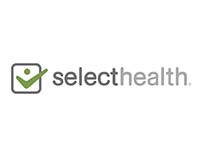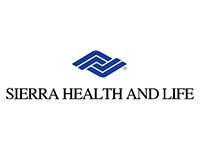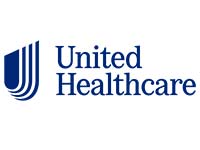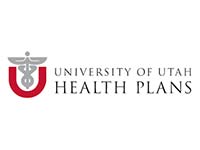Medication Management
Hillside Health
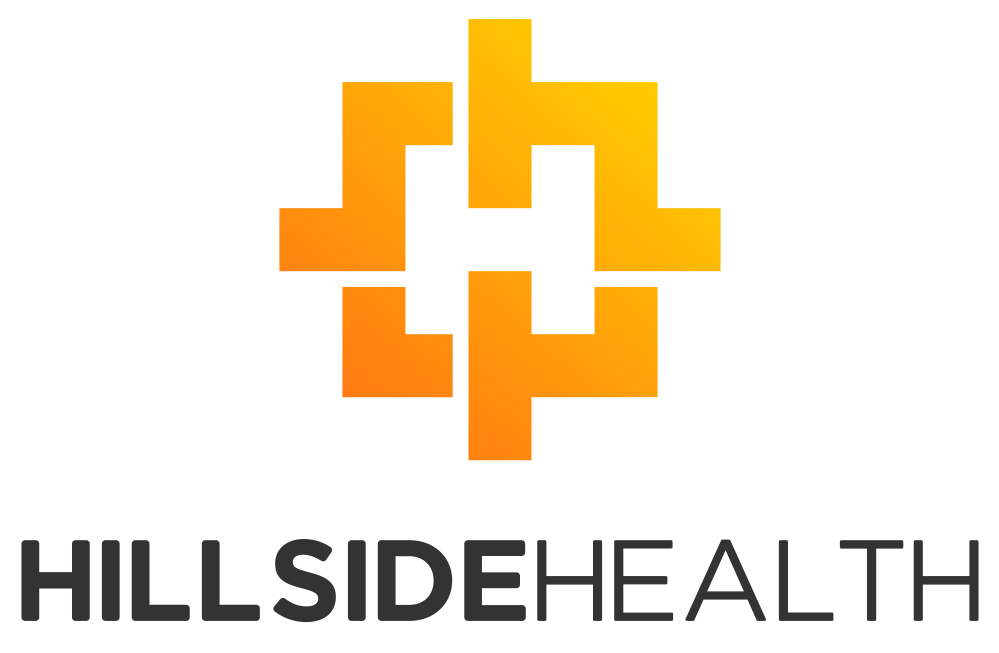
Medication Management St George Ut
Need help managing medication?
Come step into our clinic and you’ll feel it — focus and tranquillity: each appointment aims to help you feel grounded, clear and most of all heard. Here medication management is not just about prescribing — we are collaborating on a journey where our psychiatric providers listen to your experience, and we investigate how each medication impacts your mood, your daily life, and then adjust the treatment to fit you. Whether you’re dealing with depression, anxiety, bipolar disorder or another condition, we work with you to make sense of all of the options out there and turn them into a plan that you feel control of and excited about. Our mission is simple: to empower you to feel as good as possible about the medicines you are taking for your mind, your body and your goals.
Why Medication Management Matters
In mental health treatment, the correct medication in the correct dosage can unlock progress that therapy alone can sometimes struggle to reach — but the wrong one can halt recovery or exacerbate symptoms. Studies have found that high use of antipsychotic drugs increases the risk of death, in part by spreading deadly infections, and that close monitoring during the first weeks of a new prescription significantly reduces side effects and drop-off rates, while routine reviews of all medications reduce hospital readmits tied to mood instability. That’s why our medication management St George Ut team has regular care team visits, update doses in real time, and provide evidence-based tools to monitor sleep, energy, or emotional “swings” if required. When med management is woven into a good mental health service package, setbacks become manageable detours, not walls, and every dose brings the dream of lasting stability closer.
Comprehensive Psychiatric Assessment
During your first visit, we start with a simple conversation, but one that goes far beyond today’s symptoms. Our provider delves into your full health picture — the medical history, family patterns, past treatments, substance use, daily routines — as well as listens closely to what relief and recovery look like to you. Lab work or genetic tests may be recommended to help determine how your body metabolizes some medications. Then by overlaying such details with the use of standardized screening tools we have a living, growing profile that shows not just what you have, but why. It’s this whole-person gaze that:
- Make it possible to rule out medical problems that might appear to be mood disorders;
- Identify medications that you may already metabolize poorly;
- Uncover stressors or lifestyle factors that may magnify side effects.
The evaluation wraps up with an open summary of findings and a straightforward road map for what comes next, so you depart with a clear sense of exactly what the plan is moving forward.
Medication Management Decisions
Made Together.
Medication works best when it is chosen, not imposed. After reviewing the results of an assessment, your provider walks you through evidence-based options, including how each drug will tackle which symptoms, what common side effects tend to look like, and how long it usually takes to feel better. Together, you weigh clinical data with personal preference, avoiding weight-gain–prone formulas if you’re into fitness, for example, or choosing once-daily dosing if you’re constantly on the go. Then these treatment aims are then transformed into measurable milestones in which one gets a full night’s sleep, experiences a reduced number of panic episodes or has enough energy to complete a workday without collapsing. Recording these benchmarks transforms vague hope into a possible goal. Since the plan is written in partnership, you maintain control, and the team has an exact yardstick with which to calibrate therapy as life ebbs and flows.
Fine-Tuning Your Medication Management
Finding the right dose is a finely tuned process, not a single prescription. We start low, measure tolerance, and make small, incremental, increases over a time as needed. Between visits, brief virtual check-ins or secure app-based questionnaires gather real-time feedback around mood, sleep quality, appetite and emerging side effects. If lab monitoring is required, we facilitate draws at your convenience and get those results back to you quickly. All adjustments are based on your symptom tracker scores and how you feel throughout the day, so your medication changes are rooted in lived experience, not just numbers. This hands-on approach reduces the trial-and-error window, minimizes adverse effects, and builds confidence that each dose change is purposeful. Most clients will find by the end of this phase that they have steadier moods, are following a more predictable routine, and have had a bit of a rekindled sense that the medication is working for them, and not against them.
Side Effects & Lifestyle Guidance
Even the most perfectly selected medication can bring its bumps in the road: drowsiness that settles in come midafternoon; a scale that edges up; changes in libido and a general feeling that you don’t quite feel like yourself. Rather than accepting these changes as the price of stability, we focus on practical fixes. Your practitioner will look at sleep patterns, caffeine habits and evening screen time to stop the yawns, then adds nutrition and activity suggestions that reflect the best small tweaks for you, whether that’s a walk at lunch or a series of guided yoga exercises you can do at home. If you feel weight gain is starting to impede progress, we will look at alternatives with lower metabolic impact. The theme is partnership: The medication lays the biochemical foundation, and the evidence-based lifestyle habits shore it up, so that your medication management is transformed from side effect recovery plan to yet another way you have agency over feeling better.
Therapy Integration and Whole-Person Care
Rarely does medication act alone; rather, it prepares the brain to be receptive to new learning and insight. That’s why it is important for you and all of your care team to be on the same page. A stable mood can help cognitive-behavioral techniques stick, make group sessions more productive, and make mindfulness practices easier to adopt. In turn, therapeutic breakthroughs provide us context as to why we might need to look for a therapeutic optimum — are you actually calmer because the antidepressant has hit the magical dose, or is it because you just added one more tool to your toolbox of coping strategies? Keeping every discipline on the same page prevents conflicting advice and ensures that each facet of care amplifies the others, so improvement feels seamless rather than segmented.
Digital Tools & Frequent Check-Ins
Your life is not on a 30-day appointment schedule, so neither are we. Secure messaging portals allow you to communicate changes as they happen. If you feel like something is wrong, your care team wants to know and can meet before your next scheduled appointment.
Family & Caregiver Involvement
Recovery is sped up when the people close to you are a part of your recovery journey. With your approval, we welcome loved ones to mini-lessons on medication goals, typical time lines, as well as what constitutes early warning signs that necessitate a call. Simple reminders, such as a suggestion to take the evening’s doses at dinner, transform caregivers from mere observers into allies. They also learn how to respond to rough days free of judgment, reminding you that setbacks are simply signposts of results, not failures. This shared knowledge prevents isolation, creates a common front against stigma and introduces an added depth of vigilance that can catch mood swings before they get out of control.
Safety Planning and Crisis Support
Even with the best management, mental health is an unpredictable thing. From the start, we build a customized safety plan with you, including details on your unique red-flag thoughts, how to ground in reality and who you can turn to, step by step, for support. We provide you with resources that are available 24 hours a day. You’ll know where to go, who will meet you, and what they already know, reducing the guesswork in insecure times. Ongoing evaluations and adjustments help the plan stay up to date as medications change, stressors shift and supports grow, ensuring that round-the-clock, no matter when or where, you aren’t navigating a crisis alone.
Important Crisis Resources
If someone is in immediate danger, call 911 or head to the nearest emergency department. Intermountain St. George Regional Hospital’s River Road ED is open 24/7 at 1380 E. Medical Center Dr. (435-251-1000).
988 Suicide & Crisis Lifeline (Utah Crisis Line)
Dial or text 988 from any phone to reach certified crisis workers at Huntsman Mental Health Institute. They can de-escalate by phone, dispatch the local Mobile Crisis Outreach Team (MCOT), or connect you to nearby services. The line is free, confidential, and available every hour of every day.
SafeUT App (chat & tips)
Download the SafeUT smart-phone app to start a live text chat with a licensed Utah counselor any time, or to submit confidential safety tips to school and law-enforcement partners. It’s especially handy for teens, college students, and anyone who prefers texting over talking.

Caring for Southern Utah, One Patient at a Time
We didn’t stumble into the business of helping people relieve their pain. We’ve experienced it, our family members have experienced it, and so many people we love have experienced pain that just doesn’t go away – so we decided to do something about it. Do you know how many people visit the ER with pain issues only to get turned away? Not anymore, we’re here to help.
Accepted Insurances:


